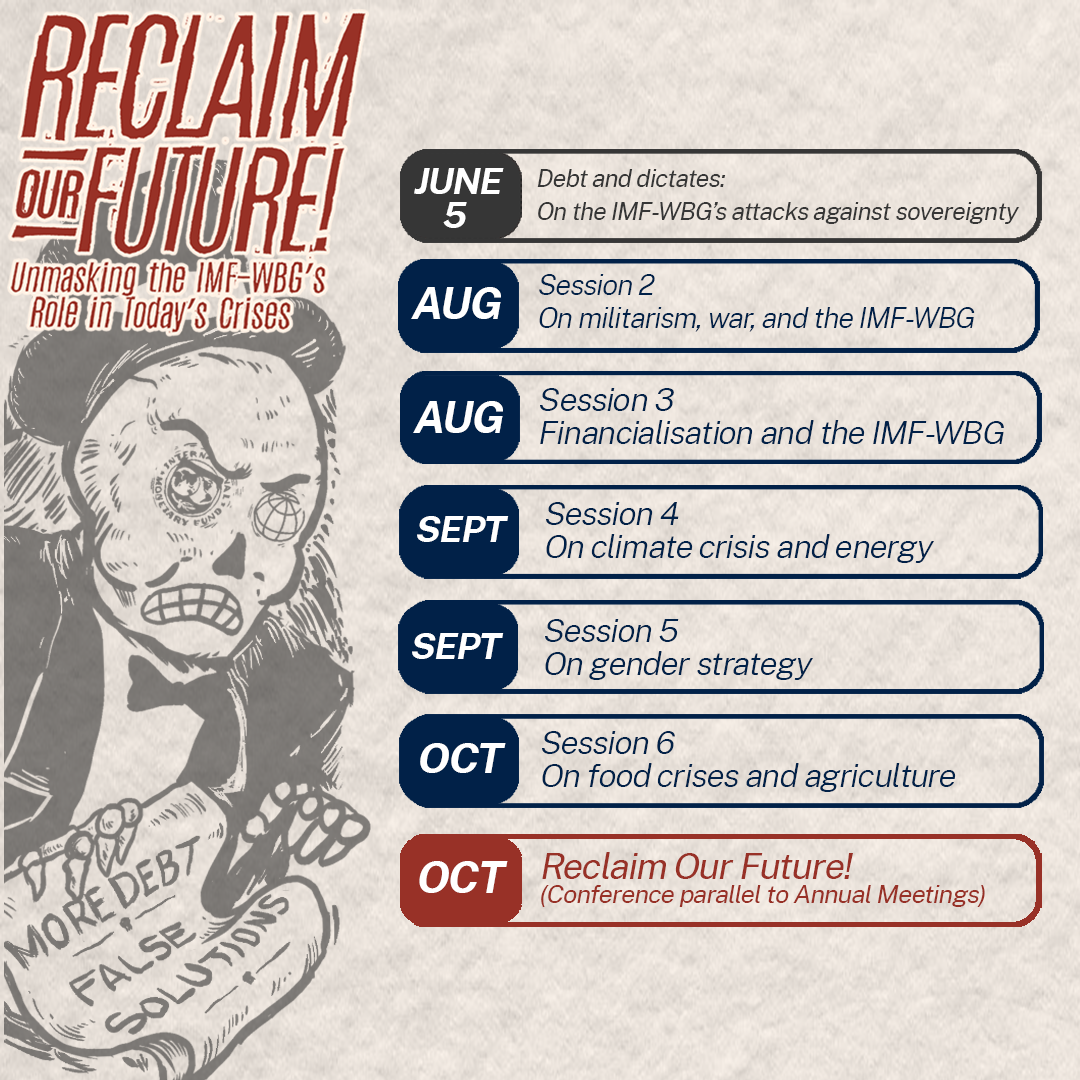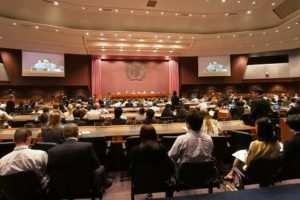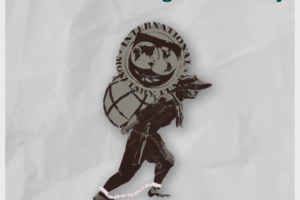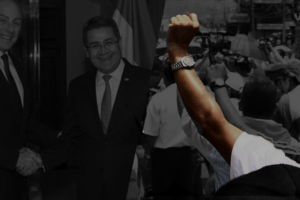For those interested to join the campaign, kindly send an email to ifisoutofrecovery@gmail.com or reach us through Facebook and Twitter.
The International Monetary Fund (IMF) and the World Bank Group (WBG) have been influential in shaping economies in the global South. These US-dominated institutions have protected and benefitted the interests of profit as it promoted the privatisation of social services, the de-regulation of economies, and liberalisation in investment.
With today’s multiple crises, the US has called on these institutions to re-tool and adapt. The IMF is trying to expand its mandate to gender equality, the WBG on climate and conflict. Borrowing seemingly progressive language, their harmful track record is kept under the rug. Ongoing reforms in the IMF-WBG comes with a silence on the effects of their continued loans, conditionalities, projects, and other programmes on working classes and marginalised sectors. In short, a silence on the responsibility of their economic meddling for the harms of austerity, rising debt burdens, destructive projects and dirty energy.
The IMF-WBG Annual Meetings in October 2023 takes place within this context. It will be the first Annual Meetings in a developing country venue in five years, to be held in Marrakech, Morocco in the Arab region.
IMF-WBG in the Arab region today
More than a decade since the Arab Spring uprisings, the West Asia and North Africa (WANA) region still faces social and economic turmoil. IMF-WBG’s neoliberal conditionalities worsen crises in the region. For instance, in recent years, the IMF has been pushing for the increase of private sector engagement in the region despite the lack of evidence about its effectiveness in providing public services. Conditionalities contribute to the worsening conditions of women and the increasing hunger incidence in WANA. The IMF-WBG are also heavily involved with greenwashing and resource plunder despite claiming to be committed to delivering ‘just transition’.
The IMF-WBG are also entrenched in contexts of wars of aggression, mostly inflicted by the US. They have stamped their role in taking advantage of ‘conflict moments’ to forward their neoliberal agendas and use countries at war as ‘frontiers of capital’. This is true in WANA where the IMF-WBG and the US uphold dangerous policies and practices, with private capital, that only stir and exacerbate tensions. For example, structural adjustment as part of reconstruction efforts in conflict-affected areas only undermine domestic leadership and rights of the people, thus worsening tensions.



